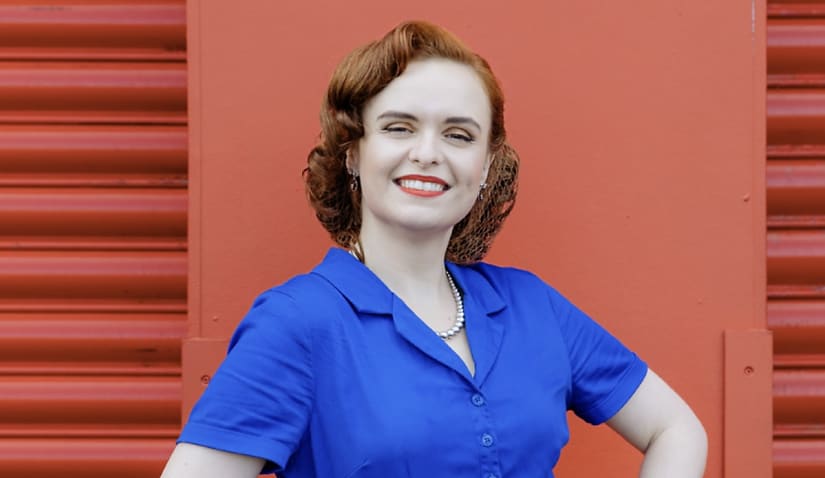While tech advancements in the legal profession can be overwhelming, this PhD candidate says that taking a more holistic approach to the purpose of law is essential in order to overcome uncertainty.

Chantal McNaught is a PhD candidate at Bond University and a practice advisory manager at LEAP.
Within the legal profession, there has been a rapid uptake in the amount of legal tech and AI used in workplaces, resulting in a lot of uncertainty around the future of the profession. And while uncertainty is something the legal profession is familiar with, the PhD candidate said that thinking about the theory behind implementing tech can help with that uncertainty.
In terms of accepting and adopting new tech, McNaught said a systems-based perspective and a holistic, broader approach can be key, as “understanding the people behind it” can help practitioners not only understand tech better but also work more efficiently within their teams.
“It’s going to be, why am I here? Why am I doing this? What is my life going to look like tomorrow and onwards? And then from there, go, OK, how can I not only envision that future for myself, for my team, for my law firm, but how can I achieve that with what I have right now? And what do I need and who do I need to achieve that?” she said.
“Often, the most straightforward questions are the most difficult to answer.”
While growing client expectations and the rise of new technology can cause uncertainty within practitioners, McNaught’s dissertation hopes to help the legal profession navigate this uncertainty and feel more at ease with the introduction of new tech.
“I can explain a little bit about what I’m hoping to achieve. And it does come down to a philosophical, theoretical framework called value pluralism, where that question is our current ethics framework on how we approach law, where it is just this singular one thing that we must achieve that is actually working? And I question that,” she said.
“I turn that on its head and go, well, what if we can do both or multiple? And then testing that through case studies. So, I am trying to do something practical, to have a practical model that lawyers can follow from the outset. But it is an unknown because, as far as I’m aware, no one has done this yet.”
Despite this being a new area, McNaught emphasised that “without theory, practice is chaos” – and said that lawyers should think more theoretically to help their practice.
“I’m not afraid to be a bit confrontational at times, and I think it’s honestly, the critique is really important, the questioning that that is what makes lawyers great and incredibly important in our society. But at the same time, theory does have its place. In order to inform practice, you know, you want to talk about best practice? Well, best practice comes from theories and then experimenting to prove or disprove those theories,” she said.
“I think that as we see in the health research, people who are optimistic, people who take a positive approach or perspective to adversity, often end up delivering much better outcomes than their more cynical contemporaries. If we follow that evidence, then really it’s just a question of, well, do you want results or do you want to be cynical?”
Moving forward, McNaught added that she was excited about the team behind her PhD process – and hopes to give the legal profession something practical it can use for good.
“The exciting part is that the PhD process itself, the experience, is not something that you do alone. You know, I have a fantastic team. Professor Nick James is my supervisor, and Associate Professor Francina Cantatore, she’s also my associate professor. And they’re a fantastic team that’s been incredibly supportive as well as everybody at Bond University because there has been that fundamental way of looking at what the future is,” she said.
“And I also must give a lot of gratitude and thanks to the support that I have from my employer, LEAP Legal Software, because they have supported me in pursuing this, too. And from that concept, I’ve been able to explore these notions further, refine what my research topic is, and hopefully deliver something practical for the legal profession in this world.”
The transcript of this podcast episode was slightly edited for publishing purposes. To listen to the full conversation with Chantal McNaught, click below:

Lauren is the commercial content writer within Momentum Media’s professional services suite, including Lawyers Weekly, Accountants Daily and HR Leader, focusing primarily on commercial and client content, features and ebooks. Prior to joining Lawyers Weekly, she worked as a trade journalist for media and travel industry publications. Born in England, Lauren enjoys trying new bars and restaurants, attending music festivals and travelling.